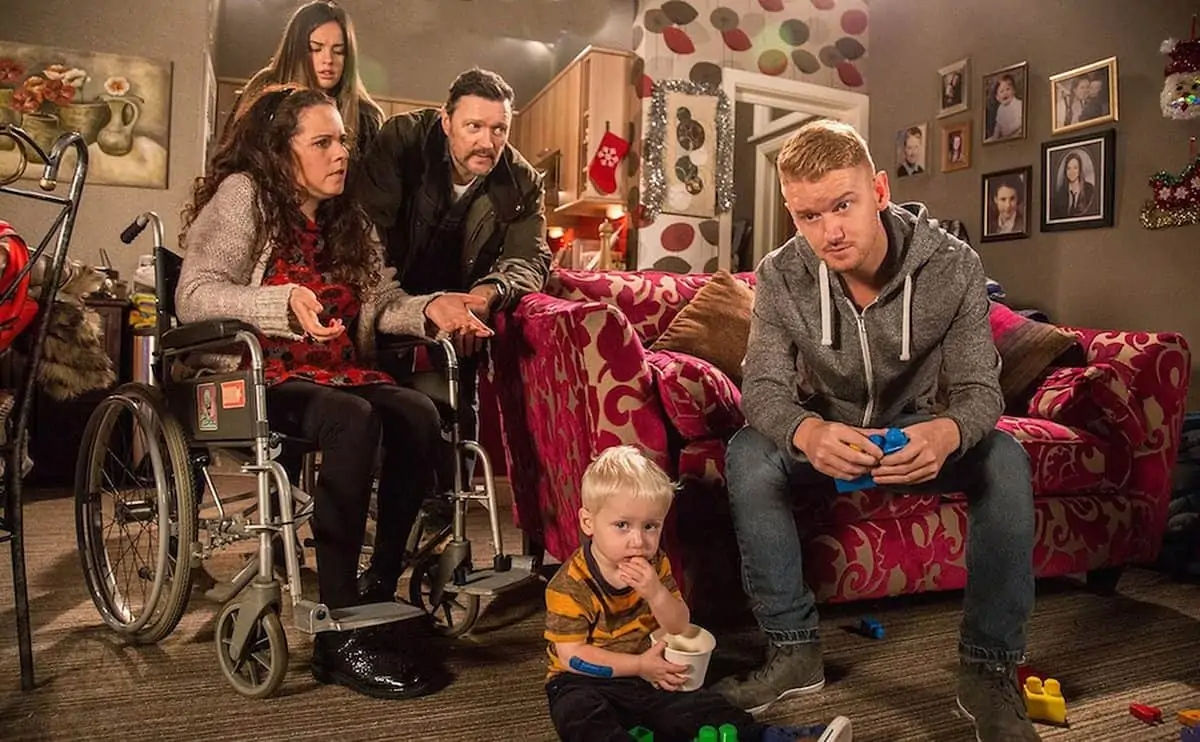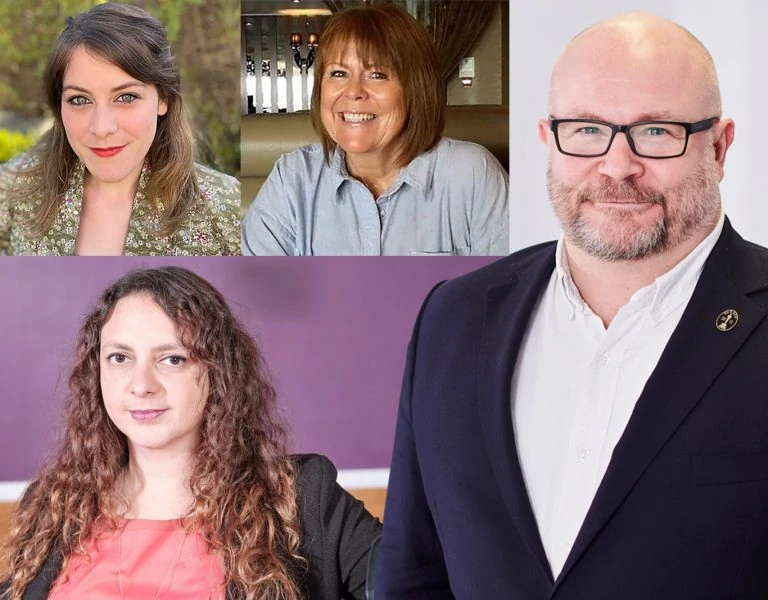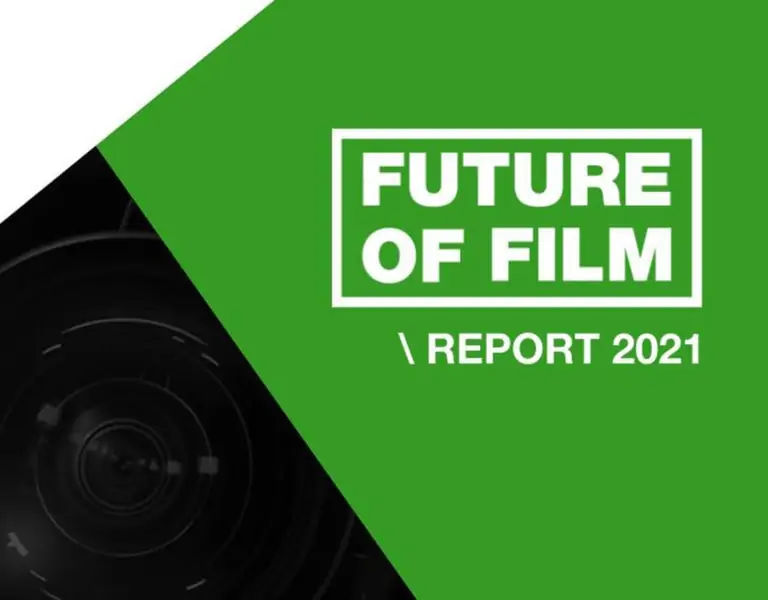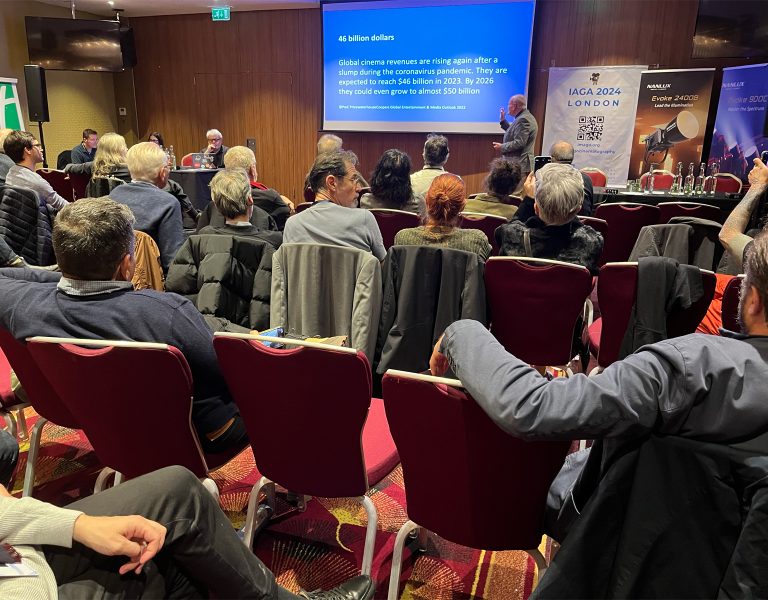What needs to happen for the film industry to transition to zero carbon emissions by 2050?

“It’s no surprise or secret that the film industry’s environmental footprint is high, and a lot needs to happen quickly to reduce it. Luckily, our conversations with the industry suggest they are up for the challenge. Like the TV industry, collaboration is key.
To be successful the film industry needs to work together and not just look at individual productions but at the wider film ecosystem. They need to measure and not be afraid to share that data with each other and then get to work on reducing their collective impact. Studios need to offer services to support productions such as running on renewable energy, installing electric charging points, and offering better waste disposal facilities. It’s not easy but our Screen New Deal report with the BFI sets out a vision and a roadmap for how the industry could do this.”
Michelle Whitehead, project delivery manager, albert

“The biggest CO2 impacts from film production come from power use and travel, so we need innovations in portable power, aircraft fuel and affordable zero carbon vehicle availability (for heavy goods vehicles as well as private cars.) Many studio facilities have now switched to a 100% renewable electricity tariff. But where capacity isn’t sufficient from grid substations on site, or we are working on location and need to provide our own power, we still rely on generators – usually powered with diesel. Where possible we can use a renewable product such as waste vegetable oil or fuel from waste animal feedstock. It isn’t perfect, but it is preferable as a transition fuel. In future, the Film London ‘Grid Project’ will provide power drops at some of the most heavily used unit bases in central London, providing a renewable source of zero carbon electricity.
Transport is another major factor in our emissions – for ground transportation we need to work with our vehicle hire companies towards sourcing zero CO2 vehicles and look to reduce travel wherever feasible. Air travel needs to be replaced when possible with the digital solutions that have been necessary due to COVID, and for unavoidable flights the impacts will need to be offset. There will inevitably be some activities that still create CO2 emissions by 2050, and where we are unable to eliminate those emissions, we will need to have a robust offset system to reach net zero.”
Louise Marie Smith, production sustainability manager
www.neptuneenvironmentalsolutions.com

“Every production, employee and industry stakeholder must make tackling the climate and environmental crises their personal responsibility from day one of a production. From the first stages of pre-production, sustainability must be at the heart of decision making, instead of a simple afterthought. This includes low carbon transportation, a move towards circular systems of reuse, sharing of environmental data and a greater focus on cross departmental collaboration. Additionally, it means that key stakeholders must make decisions which allow productions to meet their sustainability goals. If a studio for example, is run on fossil fuels, the ceiling is limited to what any production can realistically achieve.
Finally, crew must demand sustainable policies from employers and ensure we are doing our part. Our committee within BECTU aims to ensure that all departments work collaboratively, sharing ideas and forging a new path forward. Together we can create an industry which is not only creative, inclusive, and prosperous, but one which is crafting a healthier, more equitable vision of the future. If you would like to get involved or learn more, please contact bectusc@gmail.com.”
Laurence Johnson, 2nd assistant cameraman/co-chair, BECTU Sustainability Committee
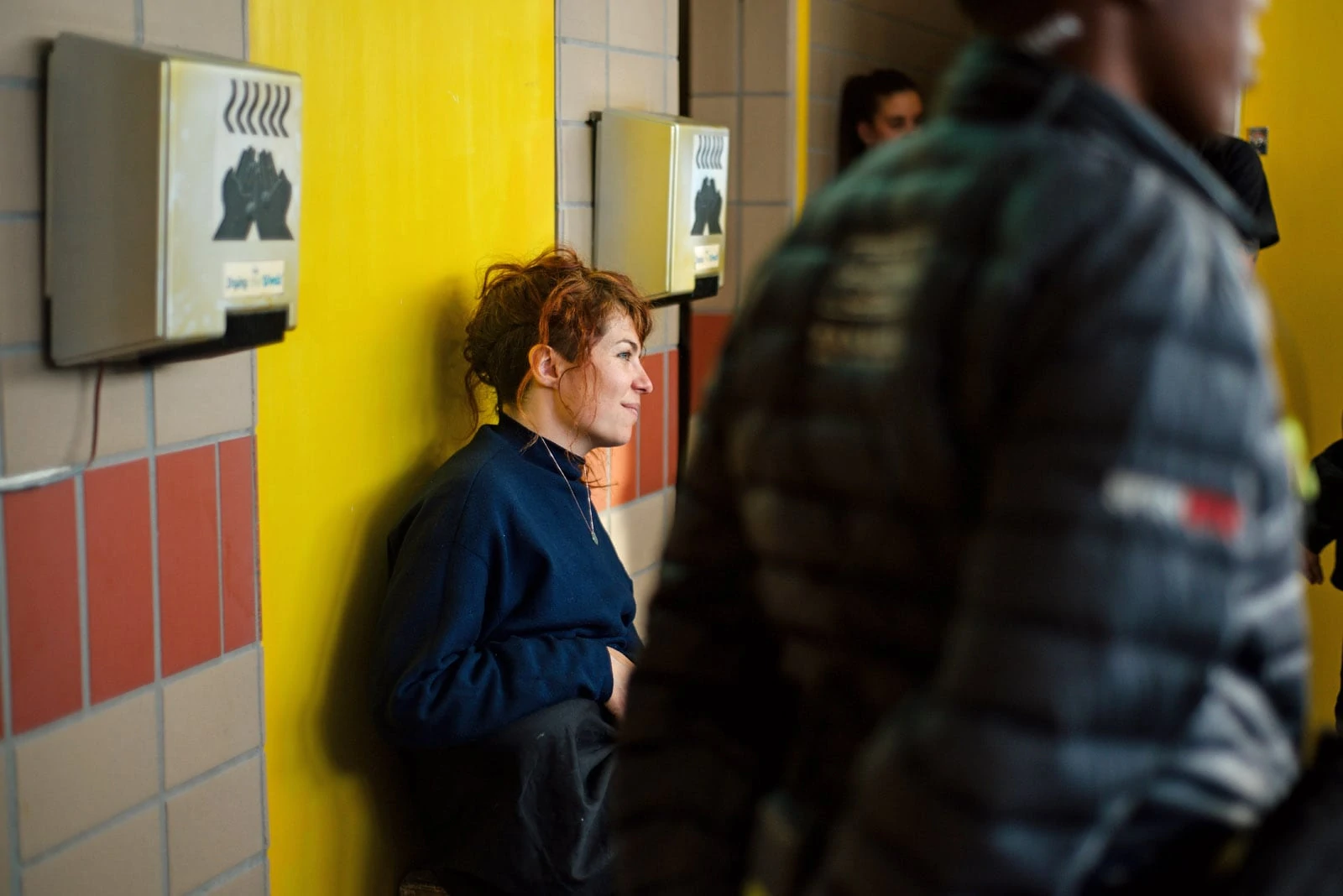
“In some ways, the answer is incredibly simple. Switch to renewable energy, crew locally, fly less, drive electric, eat vegetarian, plan equipment lists and schedules to maximise carbon efficiency, and then STICK TO THE PLAN! In short, make the mitigation of our environmental impact the DNA from which all our choices, both practical and creative, stem. For this, our industry needs a huge cultural shift. We must understand that carbon mitigation is not a compromise to our craft, or a feel good add on, but is essential to our survival. COVID has painfully brought home that a planet in crisis is an industry in crisis.
In the absence of regulation and carbon budgeting, our action must be collective, with each part of the production eco-system taking responsibility. We need to educate ourselves, instigate new norms of practice, and, since each department is so interdependent, talk to each other. What has been so inspiring about Cut It (crew-led action on the climate crisis) is the realisation that so many people, from producer to trainee, agent to gaffer, do in fact care. I see this challenge as an opportunity for an industry full of problem solvers and innovators, who are accustomed to resolving the daily crises on set, to find new, healthier ways of doing things which are all the more creatively exciting for being future proof.”
Sarah Cunningham, cinematographer/co-founder, Cut It

